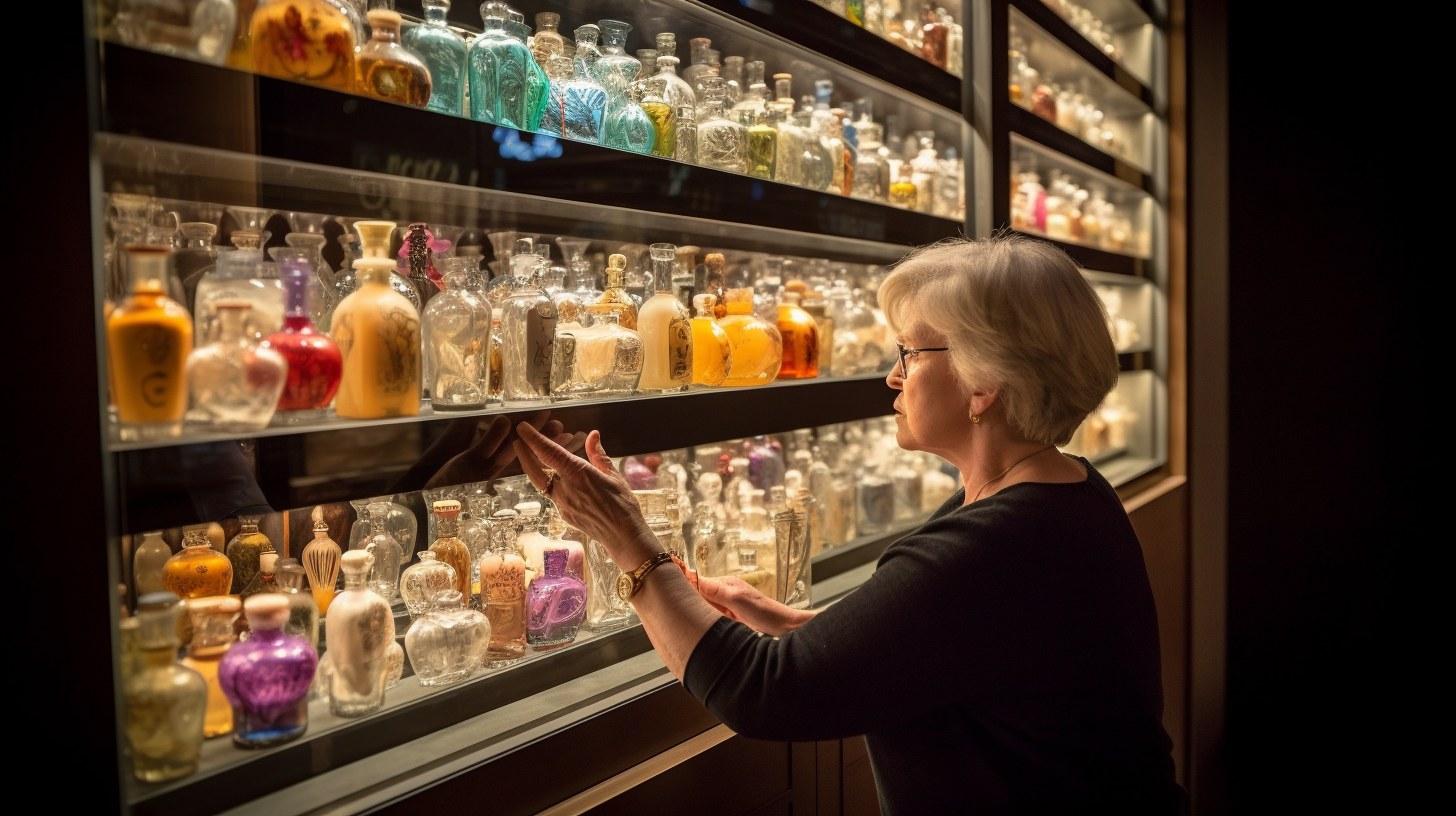How to Make Homemade Cologne: A Step-by-Step Guide
Welcome to our step-by-step guide on how to make homemade cologne! If you’re a DIY enthusiast or a fragrance lover, you’re in for a treat. Creating your own cologne allows you to express your unique personality and preferences through scent. Plus, it’s a fun and rewarding project that can save you money in the long run. In this guide, we’ll take you through the process of making homemade cologne from start to finish, using natural ingredients and simple techniques. So let’s dive in and discover the art of crafting your signature fragrance!
Step 1: Gather Your Ingredients
The first step in making homemade cologne is gathering all the necessary ingredients. The beauty of DIY cologne is that you have complete control over what goes into it, allowing you to create a fragrance that suits your taste and values. Here are some common ingredients used in homemade colognes:
- Essential Oils: Choose your favorite scents from a wide range of essential oils available. Popular choices include lavender, bergamot, sandalwood, cedarwood, and citrus oils like lemon or orange.
- Carrier Oil: A carrier oil is used to dilute the essential oils and helps them blend together seamlessly. Some commonly used carrier oils include jojoba oil, sweet almond oil, or grapeseed oil.
- Alcohol: Alcohol is an important ingredient that helps preserve the fragrance and allows it to evaporate on the skin. Look for high-proof alcohol like vodka or perfumer’s alcohol.
- Distilled Water: Distilled water is used to dilute the alcohol and create the desired concentration of your cologne.
- Aromatic Extracts (optional): If you want to add depth and complexity to your fragrance, consider using aromatic extracts like vanilla or amber.
Once you have gathered all the ingredients, it’s time to move on to the next step!
Step 2: Choose Your Fragrance Notes
Before diving into the mixing process, it’s important to understand fragrance notes. Fragrances are composed of top, middle, and base notes, which work together to create a well-rounded scent. Here’s a quick breakdown:
- Top Notes: These are the first scents you smell when applying cologne. They are typically light and refreshing, providing an initial burst of fragrance. Common top notes include citrus fruits, herbs, and spices.
- Middle Notes: Also known as heart notes, these scents develop after the top notes fade away. Middle notes add complexity and balance to the fragrance. Floral and fruity scents often make up the middle notes.
- Base Notes: Base notes are the foundation of your cologne and last the longest on the skin. They provide depth and richness to the fragrance. Examples of base notes include woods, musks, and vanilla.
When creating your homemade cologne, consider selecting a combination of top, middle, and base note essential oils that complement each other. Experiment with different combinations until you find a blend that speaks to you.
Step 3: Mix Your Homemade Cologne
Now that you have your ingredients ready and have chosen your fragrance notes, it’s time to mix your homemade cologne! Follow these simple steps:
- In a clean glass container or bottle, add your desired combination of essential oils. Start with about 20-30 drops in total for a small batch.
- Add the carrier oil to the container. The ratio of carrier oil to essential oils is typically 3:1, but you can adjust it based on your preference. A good starting point is 3 tablespoons of carrier oil for every 20-30 drops of essential oils.
- Next, add the alcohol. The ratio of alcohol to the total volume of your cologne should be around 70-80%. For example, if you’re making a 100ml batch, use approximately 70-80ml of alcohol.
- If desired, add a few drops of aromatic extracts to enhance the fragrance complexity.
- Give the mixture a gentle swirl or shake to blend all the ingredients together.
Remember, the mixing process is highly customizable. Don’t be afraid to experiment with different ratios and combinations until you achieve your desired scent. Keep in mind that some essential oils are more potent than others, so start with smaller amounts and gradually adjust according to your preference.
Step 4: Dilute and Age Your Cologne
To achieve the perfect balance and concentration in your cologne, it’s important to dilute and age it properly. Here’s what you need to do:
- Add distilled water to your cologne mixture gradually. Start with small amounts, such as one teaspoon at a time, and test the scent after each addition. Continue adding water until you reach your desired concentration.
- Once you’re satisfied with the scent and concentration, store your cologne in a dark glass bottle or container. This helps protect it from light and preserves its fragrance.
- Allow your homemade cologne to age for at least two weeks. During this time, the scents will meld together and develop further depth and complexity.
Remember to keep your cologne away from direct sunlight and extreme temperatures to maintain its quality. After the aging process, your homemade cologne is ready to be enjoyed!
Step 5: Apply and Enjoy Your Homemade Cologne
Applying homemade cologne is just as important as making it. To make the most of your creation, follow these tips:
- Apply cologne to pulse points such as the wrists, neck, and behind the ears. The warmth of these areas helps release the fragrance gradually throughout the day.
- A little goes a long way. Start with a small amount and build up if desired.
- Experiment with layering scents by combining your homemade cologne with complementary lotions or body oils.
- Reapply as needed throughout the day for a refreshing burst of fragrance.
Congratulations! You have successfully created your own unique cologne. Enjoy the satisfaction of wearing a fragrance that reflects your personal style and creativity!
In Conclusion
Making homemade cologne is an exciting journey that allows you to unleash your creativity and create something truly unique. By following this step-by-step guide, you can experiment with different fragrance notes, adjust concentrations, and craft a signature scent that suits your personality perfectly. Remember to have fun with the process, trust your instincts, and don’t be afraid to try new combinations. So go ahead, gather your ingredients, mix up some magic, and enjoy the sweet smell of success!




